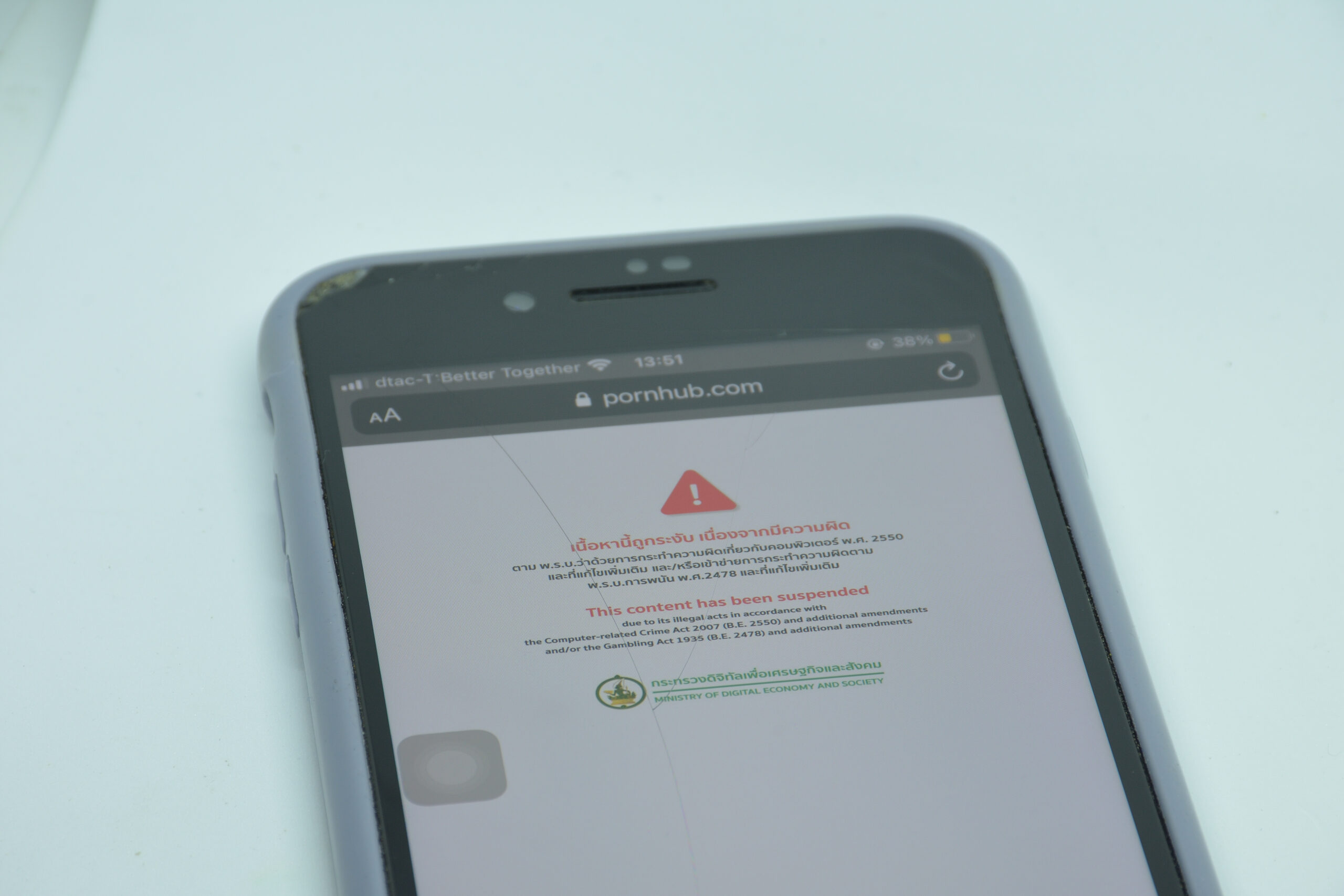The UK government has reintroduced legislation that will require porn websites to enact age verification. This is a new provision being added to the Online Safety Bill, which ministers will submit to the House of Commons in March.
While the bill does not specify methods to verify age, the digital minister Chris Philip outlined a number of possibilities: using credit card information, “identity documents,” looking into mobile phone provider data, and accessing “government-held data.”
It will be up to porn providers to come up with age verification measures themselves. Those who do not comply will be subject to oversight from the UK’s media regulator, Ofcom. This can include fines of up to 10% of their annual profit and even being barred from the UK’s ISPs.
This is only the most recent revival of the Conservative Party’s attempts to introduce a “porn block.” Age verification was added to the party’s agenda in 2015, but policy efforts were suspended indefinitely in 2019 after a number of delays and technical issues.
On the reasoning for this legislation, Philp said, “Parents deserve peace of mind that their children are protected online from seeing things no child should see. We are now strengthening the online safety bill so it applies to all porn sites to ensure we achieve our aim of making the internet a safer place for children.”
At the same time, the government requiring review of identity documents for porn viewing has ignited privacy and security concerns—especially given that there is no set process for how this information will be collected. If mishandled, this could provide hackers with a database of porn viewers.
Ross Anderson, professor of security engineering at the University of Cambridge, told Sky News, “This has been announced multiple times in multiple countries and then walked back once the practical difficulties are studied.”
Anderson asserted that many kids would be tech-savvy enough to circumvent the ban, rendering these security risks pointless. He also pointed out: ”There are bound to be privacy harms, e.g. gay kids being outed to their parents. Tech companies are often pretty heedless about such edge cases.”
Executive director of the Open Rights Group Jim Killock also said, “There is no indication that this proposal will protect people from tracking and profiling porn viewing. We have to assume the same basic mistakes about privacy and security may be about to be made again.”
Don't forget to share:
Help make sure LGBTQ+ stories are being told...
We can't rely on mainstream media to tell our stories. That's why we don't lock our articles behind a paywall. Will you support our mission with a contribution today?
Cancel anytime · Proudly LGBTQ+ owned and operated
Read More in The Internet
The Latest on INTO
Subscribe to get a twice-weekly dose of queer news, updates, and insights from the INTO team.
in Your Inbox













